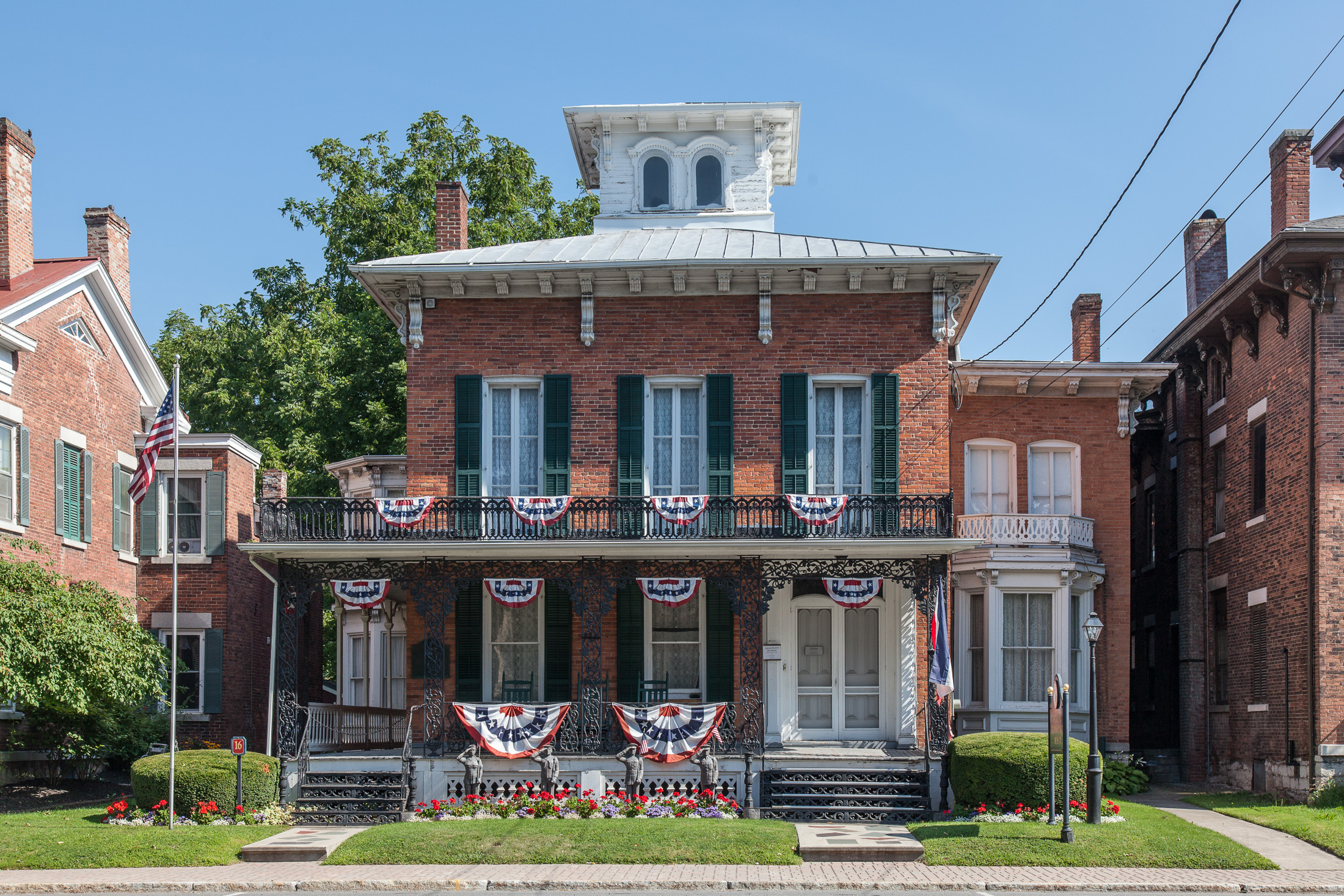Henry C. Welles on:
[Wikipedia]
[Google]
[Amazon]
Henry Carter Welles (May 13, 1821 – July 7, 1868) was an American druggist and businessman. He is thought of as one of the founders of 

Memorial Day
Memorial Day (originally known as Decoration Day) is a federal holiday in the United States for mourning the U.S. military personnel who have fought and died while serving in the United States armed forces. It is observed on the last Monda ...
, along with former Union General John B. Murray.
Welles was born in Glastonbury, Connecticut
Glastonbury ( ) is a town in Hartford County, Connecticut, United States, formally founded in 1693 and first settled in 1636. It was named after Glastonbury in Somerset, England. Glastonbury is on the banks of the Connecticut River, southeast ...
in 1821 to Henry and Sila Welles. She was a distant cousin of her husband and shared the same last name. Henry’s father died when he was young and his mother moved the family to Waterloo, New York
Waterloo is a town in Seneca County, New York, United States. The population was 7,338 at the 2020 census. The town and its major community are named after Waterloo, Belgium, where Napoleon was defeated.
There is also a village called Waterl ...
where her brother Gardner Welles worked as a physician.
Welles went into the drug business with his cousin, Dr. Samuel R. Welles by 1855. He married Josephine Shotwell in 1857 and had two children, Sterling Hadley Welles and Helen Lavanche Welles, both of whom died in 1861. His cousin left the firm in 1858 but Henry continued with the drug store until he died in Waterloo on July 7, 1868.
Presidential proclamation
President Lyndon Johnson proclaimed Waterloo the birthplace of the holiday following the passage of House Concurrent Resolution (HCR) 587 in 1966. The resolution and proclamation were based on research done by eight members of the community who comprised the Research Committee of the Waterloo Memorial Day Centennial Committee. Their purpose was to promote the centennial of the founding of Memorial Day on May 5, 1866. The holiday was supposedly conceived by Welles, who communicated the idea to Murray, the county clerk who helped carry it out.
Myth exposed
In 2014, almost fifty years after the Presidential proclamation, Bellware and Gardiner published ''The Genesis of the Memorial Day Holiday in America'', which refutes the claim. According to the Waterloo Centennial Research Committee, there were no contemporaneous reports of this celebration. The earliest sources date from 1882, sixteen years after the event. The Waterloo legend states clearly that the founder, Henry C. Welles, died five weeks after he inaugurated that first Memorial Day in Waterloo in 1866. However, Welles died on July 7, 1868, according to his gravestone and the Waterloo ''Observer'', July 8, 1868. Bellware and Gardiner creditMary Ann Williams
Mary Ann Williams (also known as Mrs. Charles J. Williams) (10 August 1821 – 15 April 1874) was an American woman who was the first proponent for Memorial Day, an annual holiday to decorate soldiers’ graves.
Antebellum years
Mary Ann Howar ...
and the Ladies Memorial Association of Columbus, Georgia as the true originators of the holiday as abundant contemporaneous evidence from across the nation exists to substantiate the claim.
In 2016, ''VFW Magazine'' featured an article by Doris Wolf in recognition of the 150th anniversary of Waterloo's Memorial Day observance. The editors added a note at the beginning of the article advising the readers of the existence of Bellware and Gardiner's book, that the Columbus, Georgia event of April 26, 1866 predated the Waterloo event by nine days and that the article on Waterloo was being presented to provoke historical inquiry.
In 2019, the hoax was further explored (and exposed) by author Marshall S. Berdan in Welles’ hometown of Glastonbury, CT. His article in ''The'' ''Glastonbury Citizen'' recounts Berdan’s disenchantment with the story after the staff of Waterloo’s National Memorial Day Museum was unable to provide the definitive evidence he sought prior to the placement of a plaque honoring Welles in Glastonbury. It also mentions some of Berdan's own research used to debunk the myth.
References